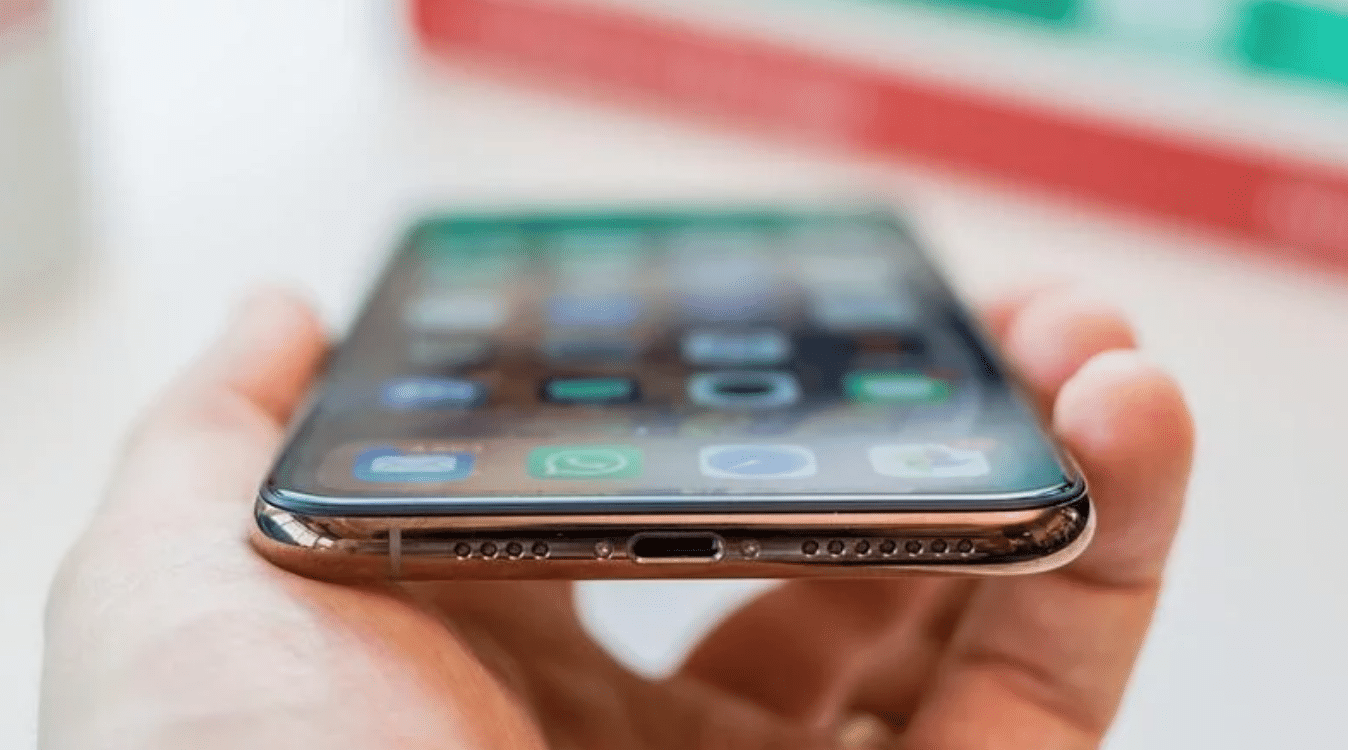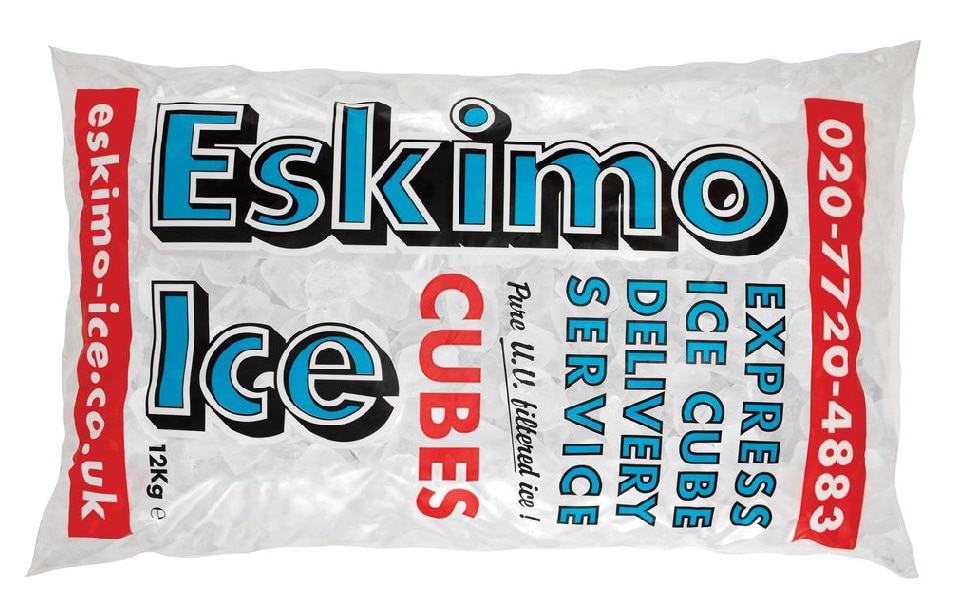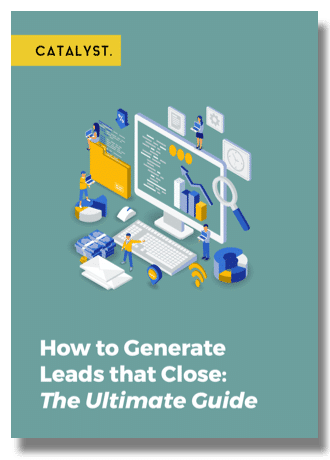When you think about it, language is a pretty incredible tool.
In any given situation, there’s a combination of the 171,000+ words in the English language which you can string together to navigate yourself through to any outcome you want.
Unless you’re arguing with your other half, of course, in which case no words can possibly save you and your best bet is to shut up, smile and nod politely.
We recently wrote about the power of pulling on people’s psychological triggers in a post titled 5 Tiny Hacks To Give You HUGE Conversion Rates Today.
In the article, we shared some tiny, often-unnoticeable changes you can make to your sales expressions and marketing output that can cause big increases in the number of leads you convert.
In this piece, we’re going to take it one step further and discuss the exact words and phrases you should be using in your sales and marketing patter in order to persuade prospects and build positive feelings within them subliminally.
Here’s our top 8 marketing words and sales phrases that work:
1. “I don’t know.”
Sales isn’t like it used to be. In any given sector, there are now more competitors, more products and more information to be read than ever before. Trying to wing your way to a sale is, therefore, risky business, especially considering the importance of trust building in a relationship. One of the best and – from a prospect’s point of view – most surprising phrases you can use is:
“I don’t know.”
Many salespeople would be afraid of admitting this, scared that they’re supposed to be the expert in the room, completely omniscient and able to answer any question thrown their way. The thing is though, nobody can possibly know the answer to every question and giving a false answer is far more harmful than delaying giving a correct one. Your prospect is highly likely to ask the same question when they speak to one of your competitors; if they end up giving a more viable answer, you’ve lost their trust without even knowing it.
Don’t be afraid to be honest and say:
“That’s a really good question and I’d rather get a full, detailed answer from our [TOPIC] expert, so let me get back to you on that one.”
Not only do you avoid the risk of losing their trust further down the line, you also build trust initially; they know now that you’d rather delay answering to tell the truth than rush and lie to just to save face, a choice that builds a picture of you as an honest, upstanding salesperson or marketer. You also create a reason to get back in touch and add another touchpoint to the sales process, which makes the meeting follow up far more genuine than just saying “I was just calling for an update”.
2. “Value”

Cheap is a funny word in the sense that it is, in itself, pretty cheap.
To describe something as cheap can never really be a good thing; just because something is low cost doesn’t necessarily make it good. There’s a huge difference, therefore, between something that’s cheap and something which is good value.
I could have two cars in front of me for example: one for £50, one for £100k. The first one is obviously much cheaper than the second. But what if it’s got no wheels, no engine and was completely ruined in a crash, rendering it totally worthless? All of a sudden that cheap price tag looks pretty expensive. On the flipside of the coin, that £100k car could be a rare, one of a kind Aston Martin driven by Sean Connery in a secret, unreleased Bond movie that can be sold at auction to a collector for over £20m.
Suddenly, there’s some serious value in that £100k price tag. The point here is that you should never describe your products or services as cheap, nor should you be afraid to discuss the fact that you charge more than competitors; you’re only expensive if you sell something at a higher cost that adds no extra value. Maybe your service is a million times better than competitors’, perhaps your product has some superior features or maybe you can deliver it faster. Whatever that added value is, you need to ensure your prospects see your product as high-value, no matter your price point. But as soon as you describe yourself as cheap, they will think low-quality, no matter how good you are.
3. New

New is a very powerful word when it comes to sales and marketing. As humans, our brains are wired to always be on the lookout for the latest thing (whatever that might be), a factor which one of the world’s most successful companies – Apple – is entirely built upon.
Thousands and thousands of people will quite literally queue miles down the road to get a new phone that has a screen that’s 1mm wider. And they’ll pay through the nose for the privilege. Walter Boot, a psychologist at the University of Florida, who has carried out numerous studies into why people love new things, sums this up well by saying:
“The expectation is that something new must be better than the thing before.” The truth is, often, it’s not. This example from Advertising Expert Rory Sutherland is a fantastic illustration of just how deeply humans believe in new (wait for the tasting sessions after the advert).
Of course, the initial use is a joke, but the tasting sessions at the end of that video are proof that simply sliding the word ‘new’ into your sales and marketing approach – even for products and services that aren’t necessarily that different than you’ve already been selling – makes it feel like you must’ve improved something.
If your company hasn’t introduced anything new for a long while, it’s more than likely holding your sales and marketing efforts back a fair bit; be sure to find new products and enhancements to – if nothing else – prove to your prospects that you’re a forward thinking company and aren’t stuck in your ways, trundling along, letting the world pass you by.
4. Proven

Proof points in sales and marketing are huge in converting prospects into customers. In his Straightline Persuasion Course, the now infamous Jordan Belfort (or Wolf of Wall Street, as Hollywood would have you know him) outlines three things you have to sell someone on if they’re going to buy from you:
- Yourself
- Your company
- Your product
So no matter how lovable a person you are, no matter how well known your company is, if the person you’re trying to sell to doesn’t believe your product or service will actually work for them, they won’t buy. If you can use the word ‘proven’ in your sales and marketing approach and back it up with actual proof points, you can pretty quickly tick that third item off the list above.
This can be done by the closer themselves, referencing how this has worked for other clients in the past, or – as outlined in a piece we wrote on effective automation campaigns – can be covered by your marketing team by enrolling prospects into a workflow that features case studies.
Or do both.
Either way, make sure you can use the word ‘proven’ in your sales and marketing process and back it up with actual evidence that you can do what you say you do, otherwise – no matter how much they love you and your company’s latest charitable work – you’ve got no chance of closing.
Looking to improve your business’ marketing? Get in touch with our experts today.
5. “I actually don’t think you need X product”

Salespeople and marketers tend to have a reputation for being a little boastful due to their confident nature, with famous remarks like “I could sell ice to an Esmiko” long associated with the roles. Funnily enough though, lines like this are actually a sign of really bad sellers. If you’re even half-decent at your job – or a half decent person, for that matter – you’ll know that you should never try and sell something to someone that they do not need.
Trying to force square pegs through round holes is not just completely immoral, but also very, very time consuming; someone who doesn’t really need what you sell will be the most difficult person to close for good reason. The best closing strategy is therefore to get in front of people who genuinely need what you’ve got and work to break down their mental barriers to purchasing.
It goes without saying that to break down these barriers, you have to build trust – and fast. One of the best ways to do this is to down-sell prospects on services they don’t need in order to make them more likely to consider a service they do.
“We’ve got X package which costs £10,000, but to be honest, you don’t need to spend that much with us at all. You’d be better off with Y package, which comes in at £5,000.”
Psychologically, this does 2 things:
- Builds trust by letting them know that you’re not just trying to fleece them for as much as you can get.
- Makes use of ‘anchoring’.
Anchoring is a psychological principle whereby you give your prospect one piece of information that makes the next piece of information seem of better value, even if the two pieces of information are totally unrelated. Hotel comparison websites use this all the time, showing you 5 other offers that are far more expensive (and possibly don’t even exist) to make the lowest offer seem great value. Apple also famously, quite blatantly used the Anchoring effect when they launched the iPad in 2010.
It’s actually quite ridiculous when you watch that video back just how obviously they used anchoring. But by telling people that the product should’ve been more expensive – even though Steve Jobs probably had those ‘pundits’ on the payroll to make those $999 predictions – you instantly create added value in someone’s mind.
If you do decide to use anchoring, be sure you use it when you know 100% that a prospect needs a product or service you have, just to build that extra trust.
As we say, this shouldn’t be used to force products on people who don’t need them; that’s a dangerous business model which simply won’t last.

For more on our strategic consultancy service, click here.
6. You, your and you’re
If you’ve been reading our content for a while now, you might’ve noticed that we often refer directly to you, the reader, when we write.
It’s incredibly important to do this in marketing; writing about they, their and they’re is very cold and akin to a lecture at school. If you want to build a relationship with someone before you’ve even spoken to them – as I am with you right now – it’s important to be conversational and direct. Don’t forget that just because you’re actually writing for many people at once doesn’t mean you have to write that way; make people feel as though it’s just you and them having the conversation and when you do come to speak to them, they’ll remember who you are.
7. Because

Because is one of the most commonly used words in the English language – and for good reason.
You always have to give someone a reason to believe what you’ve said, because without one, they’ll be left with more questions than answers.
More to the point though, giving people reasons to carry out the next steps – even if they’re loose ones – can have a huge impact on your close rates.
A social study in 2012 by Ellen Langer found that people were far more likely to let others jump in front of them in the queue for a photocopier if they were given a reason.
Those involved in the study walked up to the photocopier when someone else was waiting and asked one of the following three questions:
- Excuse me, I have 5 pages. May I use the Xerox machine?
- Excuse me, I have 5 pages. May I use the Xerox machine, because I have to make copies?
- Excuse me, I have 5 pages. May I use the Xerox machine, because I’m in a rush?
You’d think that the third reason would be far more effective than the first or second; but surprisingly, both answers 2 and 3 gave similar results (93% and 94% compliance respectively).
Answer 1, however, resulted in just 60% of people giving the go ahead.
Be sure to give your prospects and customers a reason to take the next action that reminds them of what’s in it for them and they’ll be far more likely to do so.
8. “Thank you for your business”.
Finally, never forget your manners.
It’s important to realise that the sale doesn’t end when a new client says “Ok, I’m in.” The moment you win a client is the moment you to start losing them if you don’t pay close attention. It’s also just rude a bit not to thank someone for making the decision you wanted them to. Even if they don’t sign up with you and go with a competitor, you should be thanking them for considering your services. Either way, make sure you end the sales process on a good note if you want to do more business with them further down the line.
In Conclusion
There are plenty of different selling phrases that work, and magic words you can use to improve your marketing and sales process. That said, the crux of it all is a quality product and honest approach. If you find yourself constantly having to dupe your prospects into buying, there’s probably something fundamentally wrong with your product or service.
Tips like the above should be used to help break down the mental barriers your genuine prospects have built up over time in order to have them get the help they need. All in all though, the best closing technique will always be a superior product and reputation in the market.
At Catalyst, we work closely with our clients to ensure that they’re using marketing phrases that sell. At the end of the day, we’re here to create marketing strategies that help businesses grow. Want to find out how we do it? Get in touch today.
Alternatively, reach out to us with the below details:
E: hello@wearecatalyst.co.uk
T: 0121 296 5275
For more on our Lead Generation services, click here.


